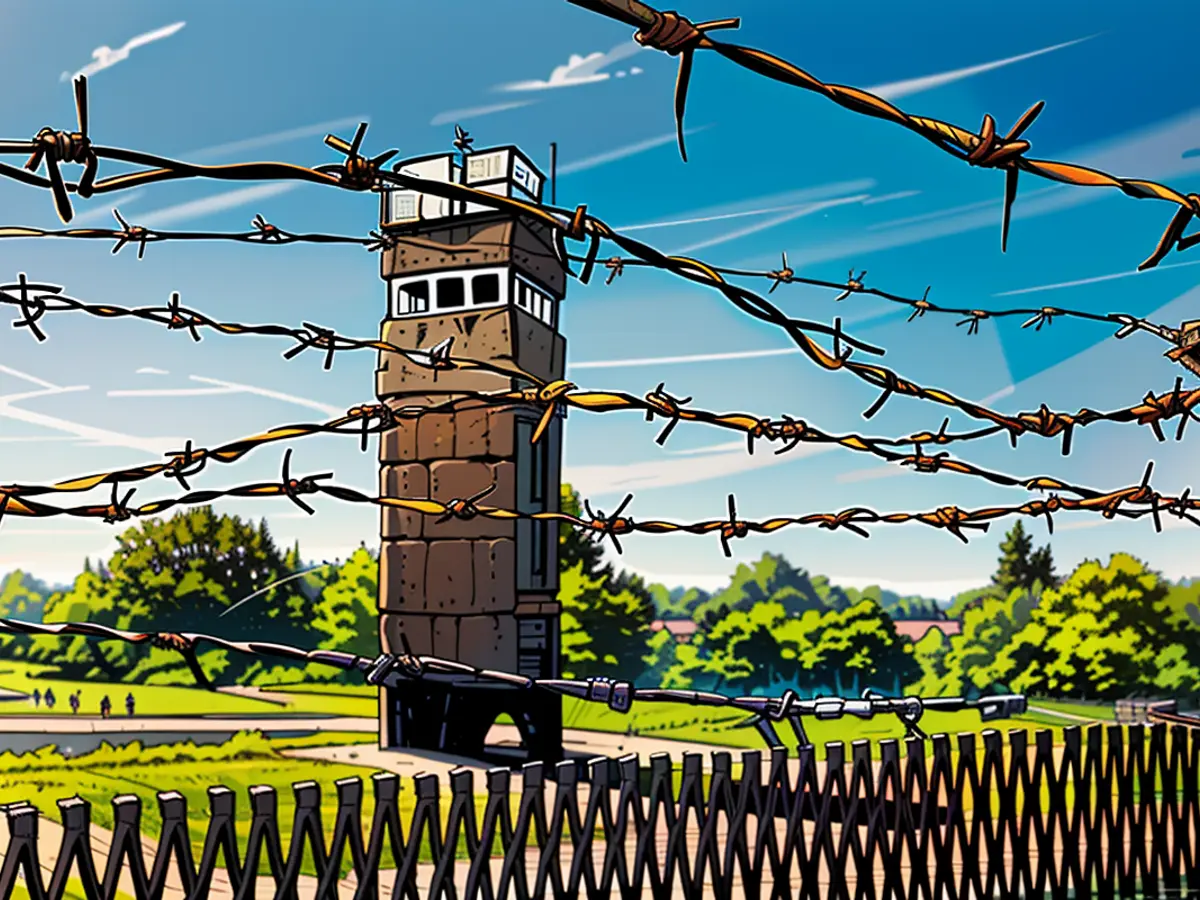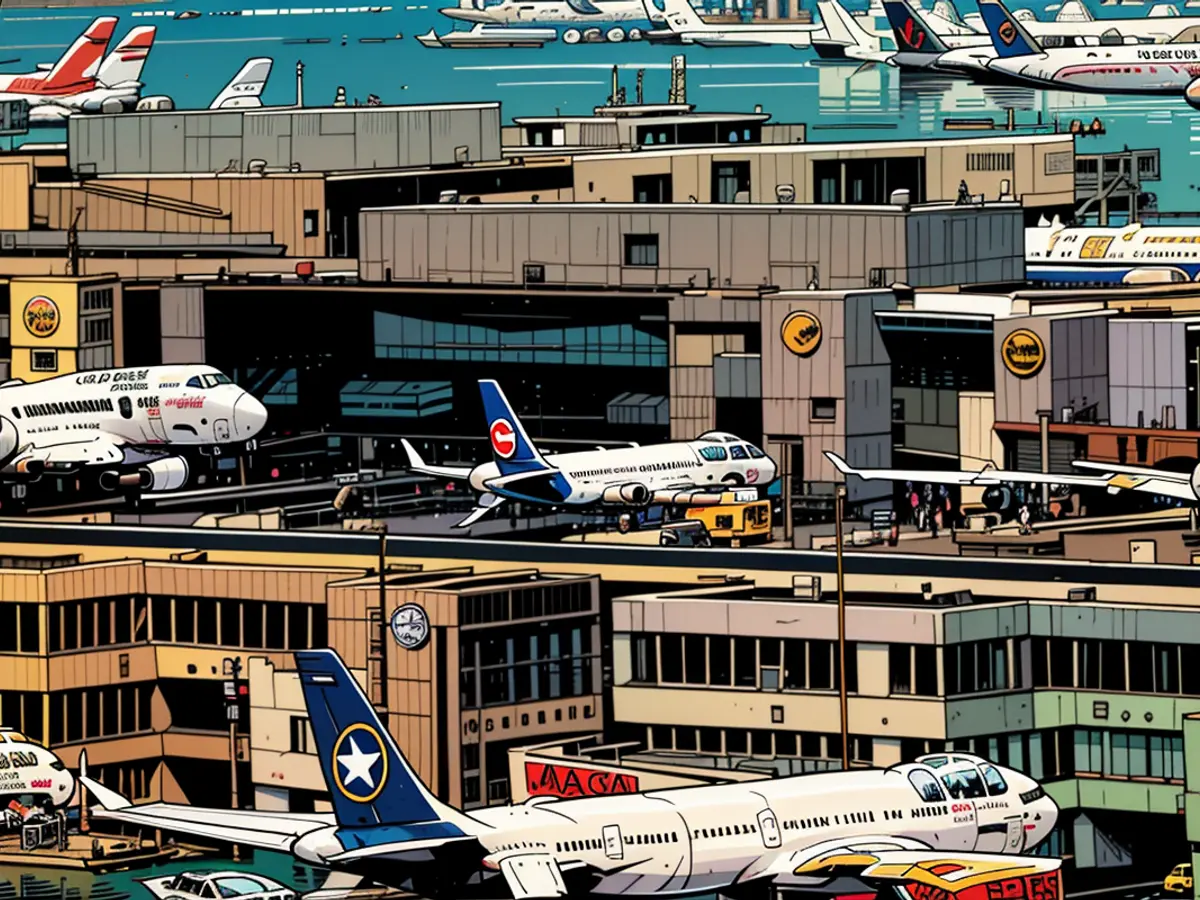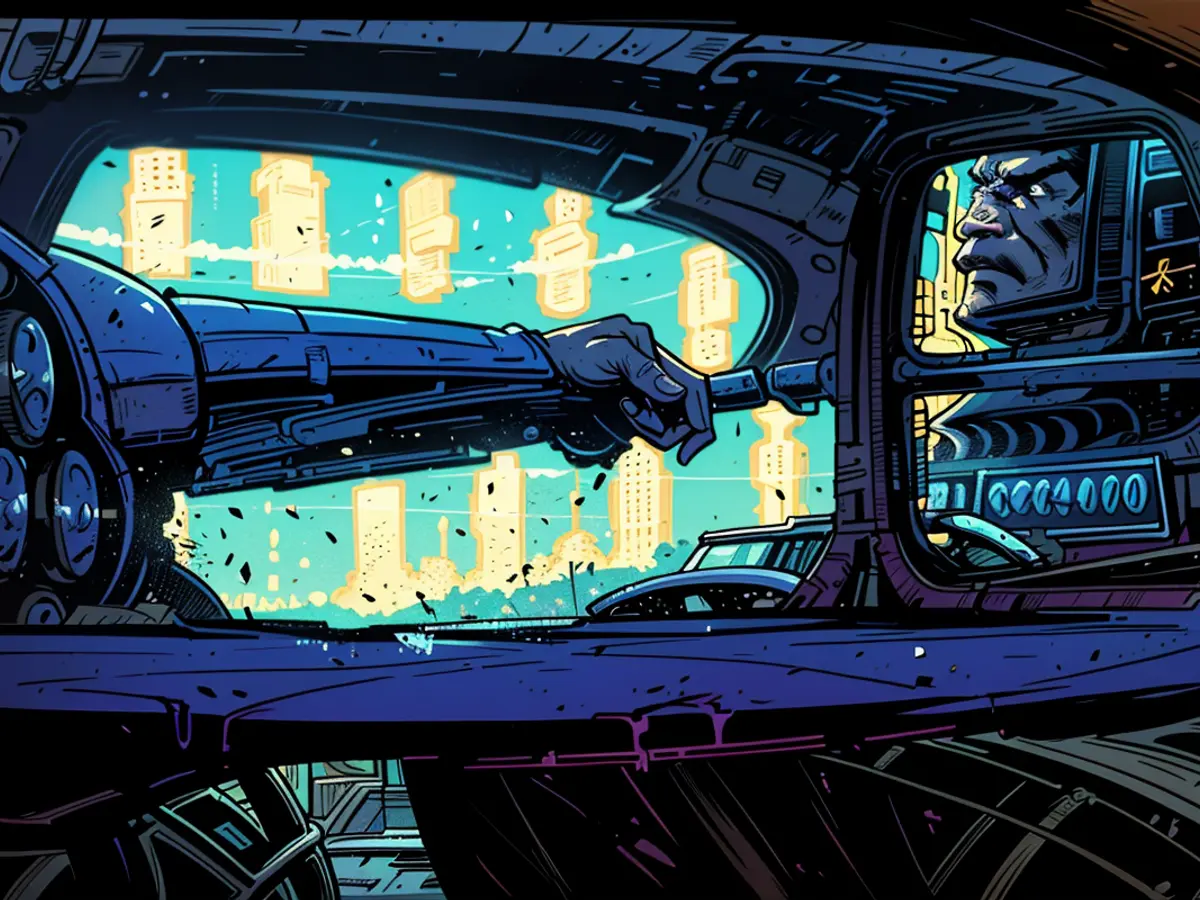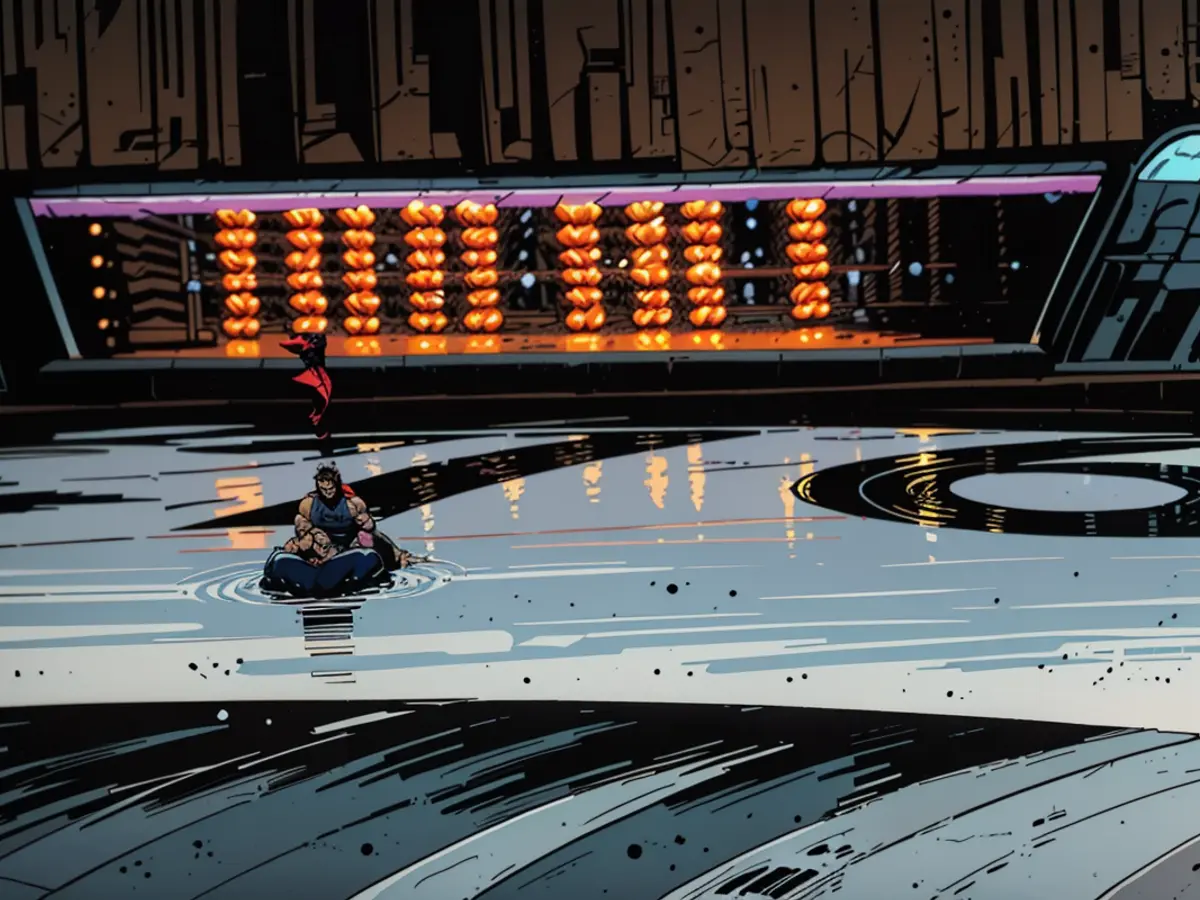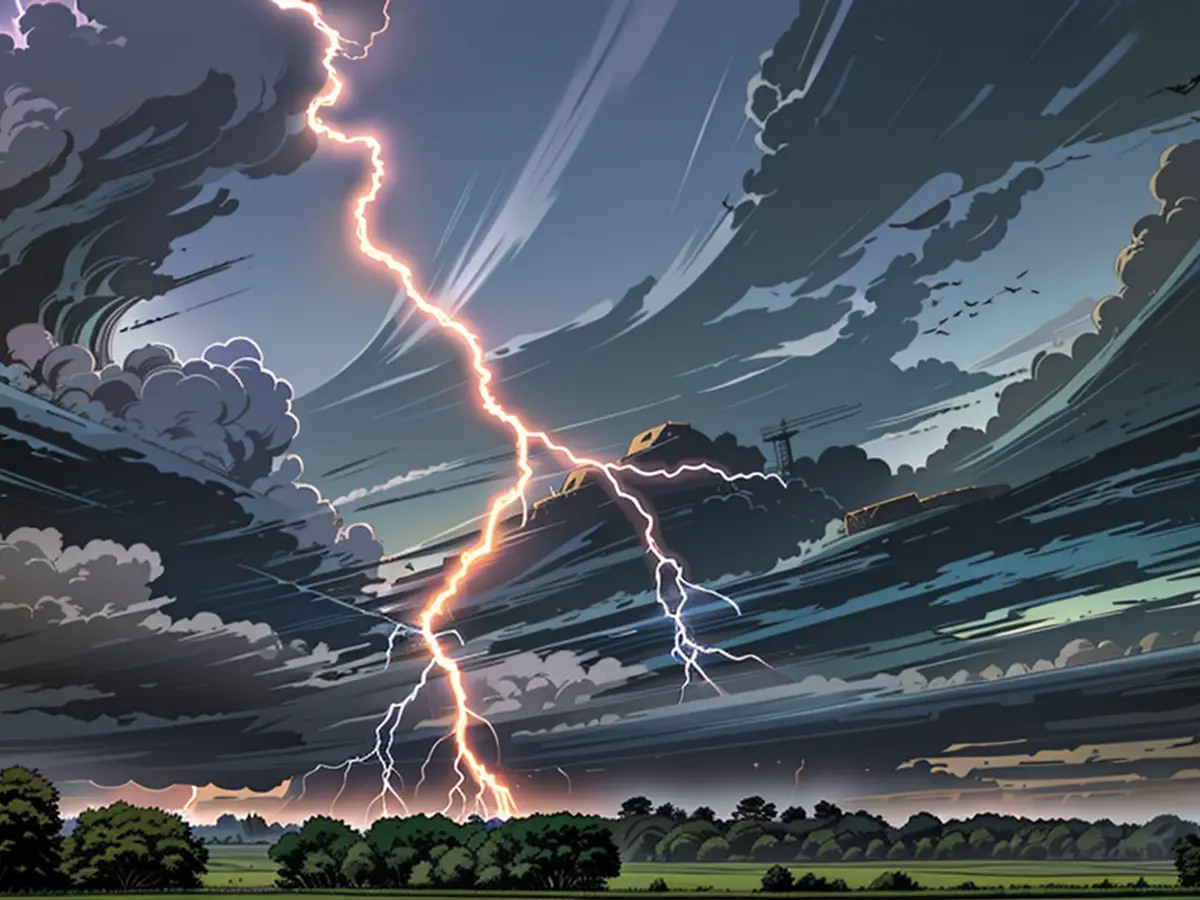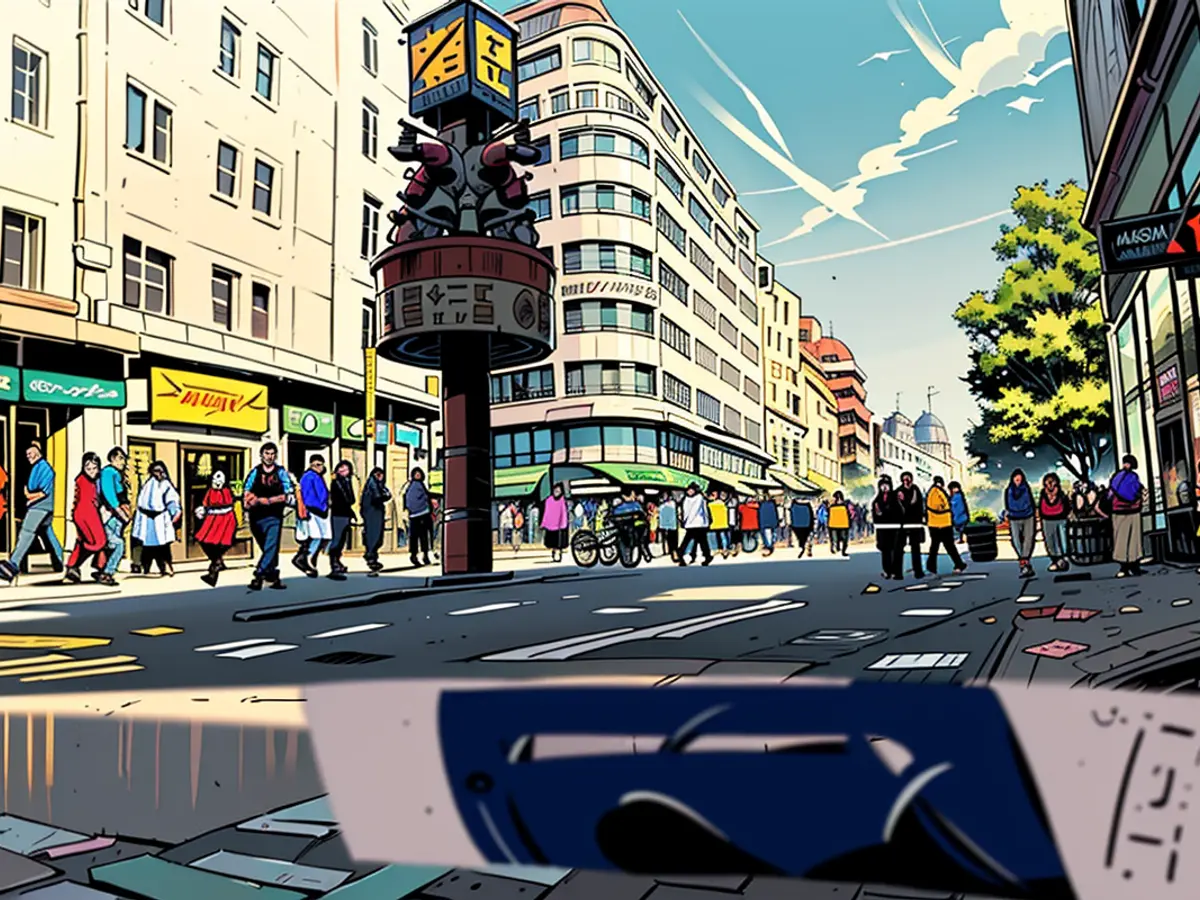Reminder of the Berlin Wall construction - The CDU leader complains about the forgetfulness of history
CDU State Chairman Daniel Peters used the 63rd anniversary of the Berlin Wall's construction to urge the coalition government in Schwerin to engage in more active educational efforts about the repression instruments of the GDR. He regretted that leading politicians in the state could not bring themselves to label the GDR as an unjust state, saying, "It's unfortunate that leading politicians in the state can't bring themselves to call the GDR an unjust state."
Like her predecessor Erwin Sellering, Minister President Manuela Schwesig (both SPD) had previously refused to use the term "unjust state" for the GDR. Most recently, State Minister of Justice Jacqueline Bernhardt (Left) faced criticism for having statements about the GDR removed from a newspaper interview.
"This kind of historical amnesia, in my opinion, is one of the reasons why the so-called FDJ was recently publicly honored in Greifswald. I am still deeply disturbed by this, even a week later," said the Union politician. The FDJ was the youth organization of the SED in the GDR.
The party leadership had ordered the construction of the Berlin Wall on August 13, 1961, and implemented a strict border regime. "The inner-German border cost hundreds of lives. Tens of thousands of families were separated for decades. The Wall was the most visible symbol of the separation between democracy and dictatorship, and the division of Germany into East and West," said Peters. "It was a great achievement that this division was overcome by the love of freedom and much courage of the East Germans in 1989."
According to a study by scientists at the Free University of Berlin, 327 people lost their lives at the inner-German border, and at least 139 died attempting to flee at the Berlin Wall. Other sources give higher numbers.
On Tuesday, among other things, memorial events will take place in Schwerin and Greifswald to remember the victims. In Schlagsdorf (district of Nordwestmecklenburg), some elements of the GDR border installations have been rebuilt to give an impression of the threatening situation along the inner-German border.
Manuela Schwesig and her sister might have had differing views on labeling the GDR as an unjust state, given that Manuela, as Minister President, had refrained from using that term. Despite criticism towards State Minister of Justice Jacqueline Bernhardt for removing statements about the GDR from an interview, the use of such language about the past remains a topic of debate amongst leading politicians in the state.
